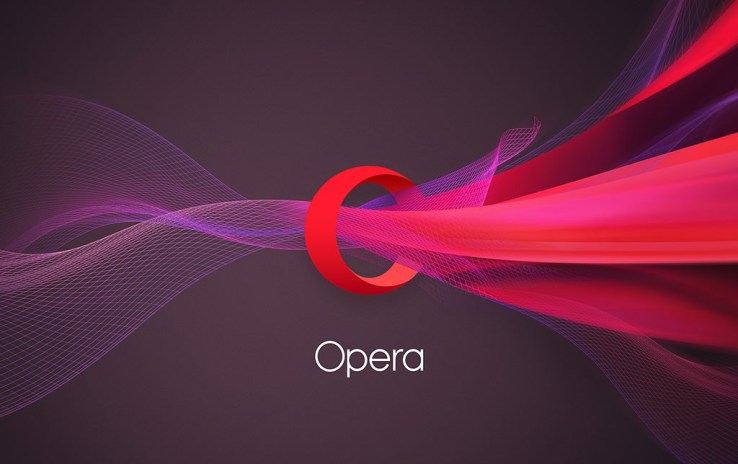Opera now protects you from cryptojacking attacks

Opera today launched version 50 of its desktop browser. Sadly, this release doesn’t come with a cake to celebrate this milestone (not even a tiny cupcake), but the newest release does include a new feature that makes sure that nobody can mine cryptocurrencies in your browser.
While browsers and JavaScript aren’t exactly the most efficient way to mine coins, the sheer number of users who could be running these scripts makes up for that (and the fact that the attackers don’t have to pay for power also helps). For the most part, though, these sites mine coins like Monero that use very compute-heavy algorithms where CPUs are able to compete with what is traditionally a GPU-centric approach (reportedly, that’s also what North Korean hacking units occasionally use to mine coins on hijacked machines).
It’s worth noting that there are extensions for Chrome and Firefox that will perform the same service for users on those browsers. In Opera, this new cryptojacking feature is automatically enabled when you turn on the browser’s ad blocking tool.
“We are fans of cryptocurrencies but we simply don’t accept that websites are using people’s computers to mine coins without their knowledge or consent,” said Krystian Kolondra, head of Desktop Browser at Opera. “With the new Opera 50, we want to kick off 2018 by providing people a simple way to regain control of their computers.”
How much does Opera love cryptocurrencies? Enough to build a currency converter for Bitcoin, Ethereum, Bitcoin Cash and Litecoin into its browser.
Other new features in Opera 50 include support for streaming videos to Chromecast and a built-in VR player that lets Oculus Rift users enjoy 360-degree videos in their headsets.
